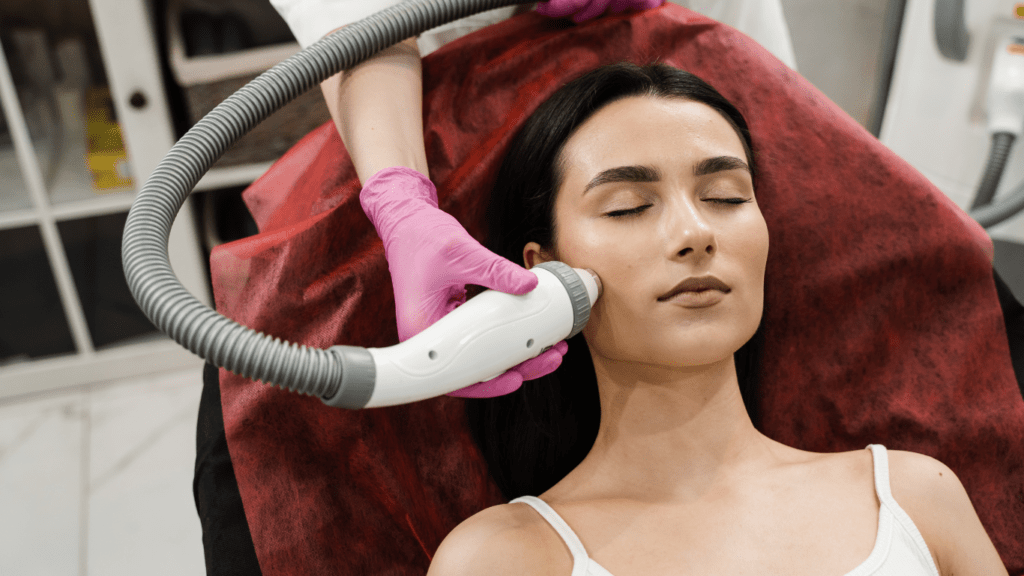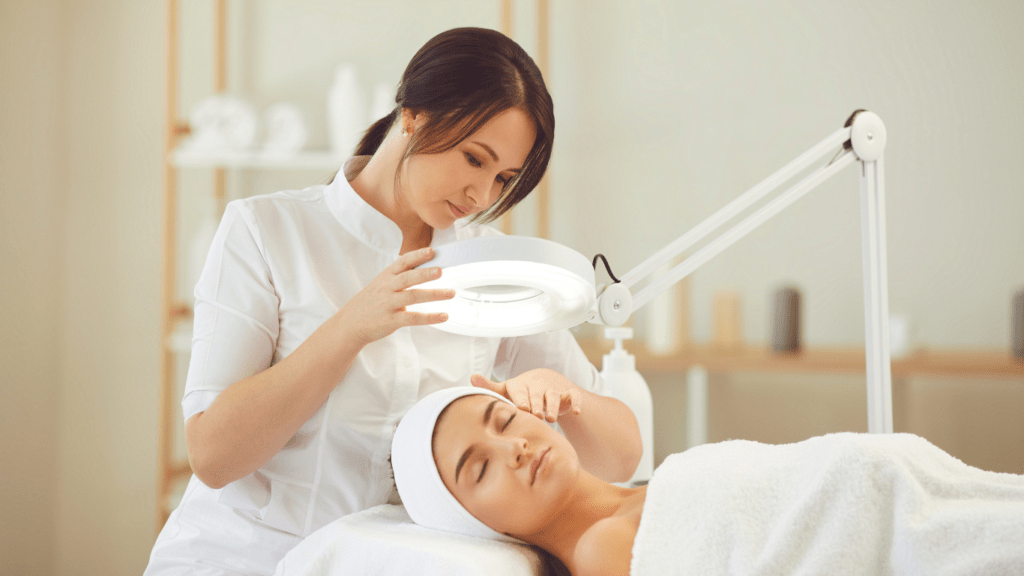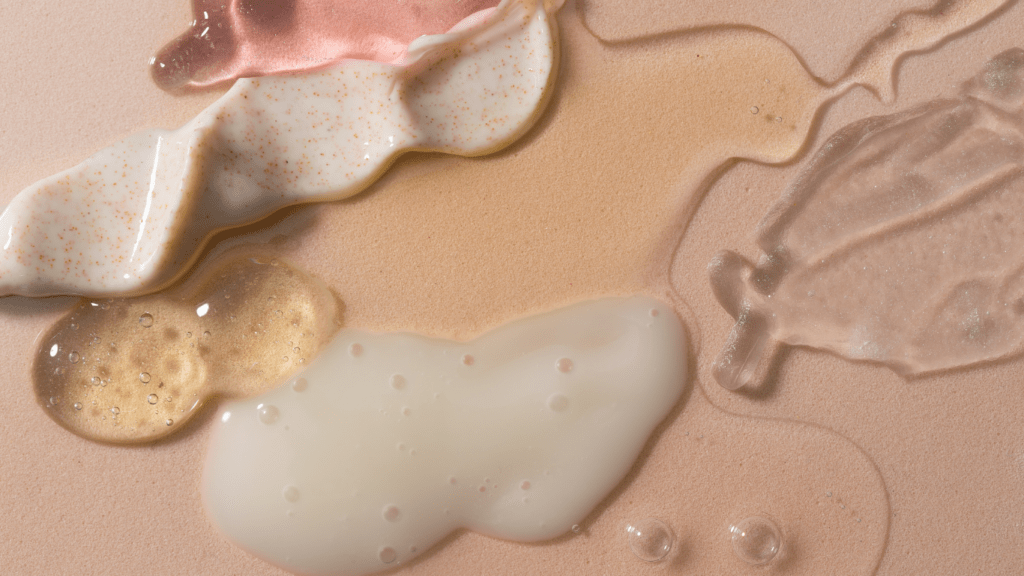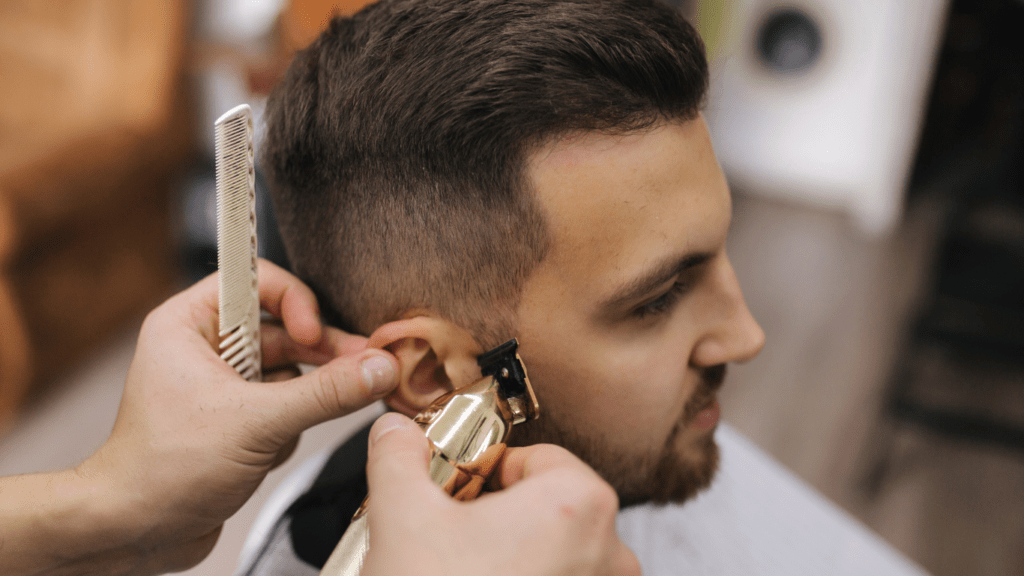Understanding Beauty Tech
Beauty tech combines advanced technology with skincare to create intelligent solutions. AI algorithms analyze skin types and conditions by evaluating images and data points. These algorithms provide customized skincare routines suited to individual needs.
Smart beauty devices enhance this experience. For example, AI-driven facial cleansing brushes adjust intensity based on real-time skin feedback. Similarly, smart mirrors equipped with skin sensors offer personalized skincare recommendations.
Facial recognition technology plays a crucial role as well. It detects fine lines, wrinkles, and blemishes, making skincare analysis more accurate. Wearable beauty tech, like smart masks and patches, deliver active ingredients directly into the skin, improving efficacy.
AI-powered apps are also popular. They guide users through daily routines, track skincare progress, and suggest new products. These apps make maintaining a skincare regimen easier and more effective.
Beauty tech advances continue to shape the industry. By integrating AI and smart devices, skincare becomes more personalized and efficient. This technology-driven approach transforms how we care for our skin.
The Role of AI in Skincare
Artificial intelligence has transformed the skincare industry. It drives innovative solutions that address individual skincare needs, making routines more effective and personalized.
AI-powered Skin Analysis Tools
AI-powered skin analysis tools revolutionize skincare by providing detailed insights. These tools use algorithms to analyze skin conditions such as dryness, wrinkles, and pigmentation. For example, apps with AI capabilities scan facial images and detect underlying issues that aren’t visible to the naked eye. This technology allows users to understand their skin’s unique requirements, leading to better-targeted treatments.
Personalized Skincare Regimens
AI creates personalized skincare regimens by considering individual skin types and concerns. It suggests products and routines based on precise data. For instance, AI-driven apps use input like age, skin type, and environmental factors to recommend specific skincare products. This tailored approach ensures users get the most effective regimen, which maximizes skincare results and minimizes trial and error.
Popular AI Skincare Apps
AI skincare apps offer personalized skincare solutions based on individual needs. These apps analyze skin conditions and recommend tailored routines.
App 1 Overview
SkinVision uses AI to monitor and analyze skin health. The app performs a skin scan using a mobile phone camera, detecting early signs of skin cancer, moles, and irregularities. It offers personalized recommendations and alerts for any significant changes, guiding users toward timely dermatological consultations.
App 2 Overview
YouCam Makeup provides a comprehensive AI-driven skincare analysis. It captures detailed images of the user’s face, analyzing various skin metrics like hydration, texture, and elasticity. The app then recommends skincare products and routines suited to these metrics. It also offers a virtual makeover feature, allowing users to try different looks before committing to products.
Benefits of AI in Skincare

AI significantly enhances the skincare industry by providing accurate solutions and improving user convenience and accessibility.
Accuracy and Precision
AI improves the accuracy and precision of skincare routines. AI-driven skin analysis tools assess skin conditions with unparalleled accuracy, identifying issues like:
- acne
- wrinkles
- pigmentation
These tools use collected data to recommend treatments, optimizing results for different skin types. For example, apps like SkinVision accurately detect early signs of skin problems, minimizing the chances of misdiagnosis.
Convenience and Accessibility
AI brings convenience and accessibility to users by delivering tailored skincare solutions. AI-powered beauty apps enable users to perform skin analysis at home, saving trips to dermatologists. By integrating real-time feedback, smart beauty devices adjust treatments instantly, enhancing skincare routines. Apps like YouCam Makeup provide product recommendations based on individual skin needs, making skincare more accessible from anywhere.
Challenges and Limitations
Despite the tremendous benefits of AI in skincare, it isn’t without its challenges and limitations.
Privacy Concerns
AI-powered skincare tools collect extensive personal data, leading to significant privacy concerns. Companies gather information about users’ skin conditions, routines, and even photos, which raises issues about data security and misuse. The potential for data breaches remains high without robust data protection measures, making users wary of adopting these technologies. Implementing stringent data privacy policies and transparent user consent protocols can help mitigate these risks.
Technological Barriers
- While AI technology in skincare has advanced, it’s still constrained by several technological barriers.
- High development costs limit access for smaller companies, leading to fewer innovative products in the market.
- The accuracy of AI-driven skin analysis varies based on the quality and diversity of training datasets.
- Many existing datasets lack sufficient representation of different skin tones, resulting in biased or inaccurate results.
- Overcoming these limitations requires significant investment in research and development and diverse data collection.
These challenges and limitations highlight the need for continued development and ethical considerations to fully realize AI’s potential in revolutionizing skincare.
Future of AI in Skincare
AI is set to keep transforming the skincare industry rapidly. Enhanced algorithms and better data processing will enable even more personalized skincare solutions. With continued advancements, AI could predict skin issues before they arise. Machine learning (ML) models could analyze skin changes over time if they access real-time data, leading to proactive treatment plans.
Virtual skincare consultants could become common. These digital experts could recommend products tailored to an individual’s skin condition, lifestyle, and preferences. They’d eliminate guesswork, making skincare more effective and personalized.
AI-powered diagnostic tools might integrate with wearable technology. Smartwatches and other wearables could monitor skin health continuously. They’d provide instant feedback and suggestions based on environmental conditions and skin reactions.
AI in skincare will also likely address ethical concerns. Developers are prioritizing privacy by designing algorithms that minimize data collection and maximize data security. Efforts to mitigate dataset biases are ongoing, aimed at ensuring AI solutions work for diverse skin types and conditions.
The beauty industry could see collaboration between AI developers and skincare brands increase. These partnerships would expedite the development of innovative skincare technologies. As AI continues to evolve, it’s set to play a pivotal role in delivering highly personalized skincare regimens effectively and ethically.



 Founder & Editor-in-Chief
As the visionary behind Glam World Walk, Anthonyo Corbinollo brings his passion for fashion, beauty, and luxury to life through captivating content that resonates with glamour enthusiasts worldwide. With over a decade of experience in the fashion industry, Anthonyo curates a platform that celebrates the finest trends, exclusive brands, and lavish travel destinations. His dedication to highlighting the elegance in everyday life has made Glam World Walk a go-to source for fashionistas and style icons alike.
Founder & Editor-in-Chief
As the visionary behind Glam World Walk, Anthonyo Corbinollo brings his passion for fashion, beauty, and luxury to life through captivating content that resonates with glamour enthusiasts worldwide. With over a decade of experience in the fashion industry, Anthonyo curates a platform that celebrates the finest trends, exclusive brands, and lavish travel destinations. His dedication to highlighting the elegance in everyday life has made Glam World Walk a go-to source for fashionistas and style icons alike.
